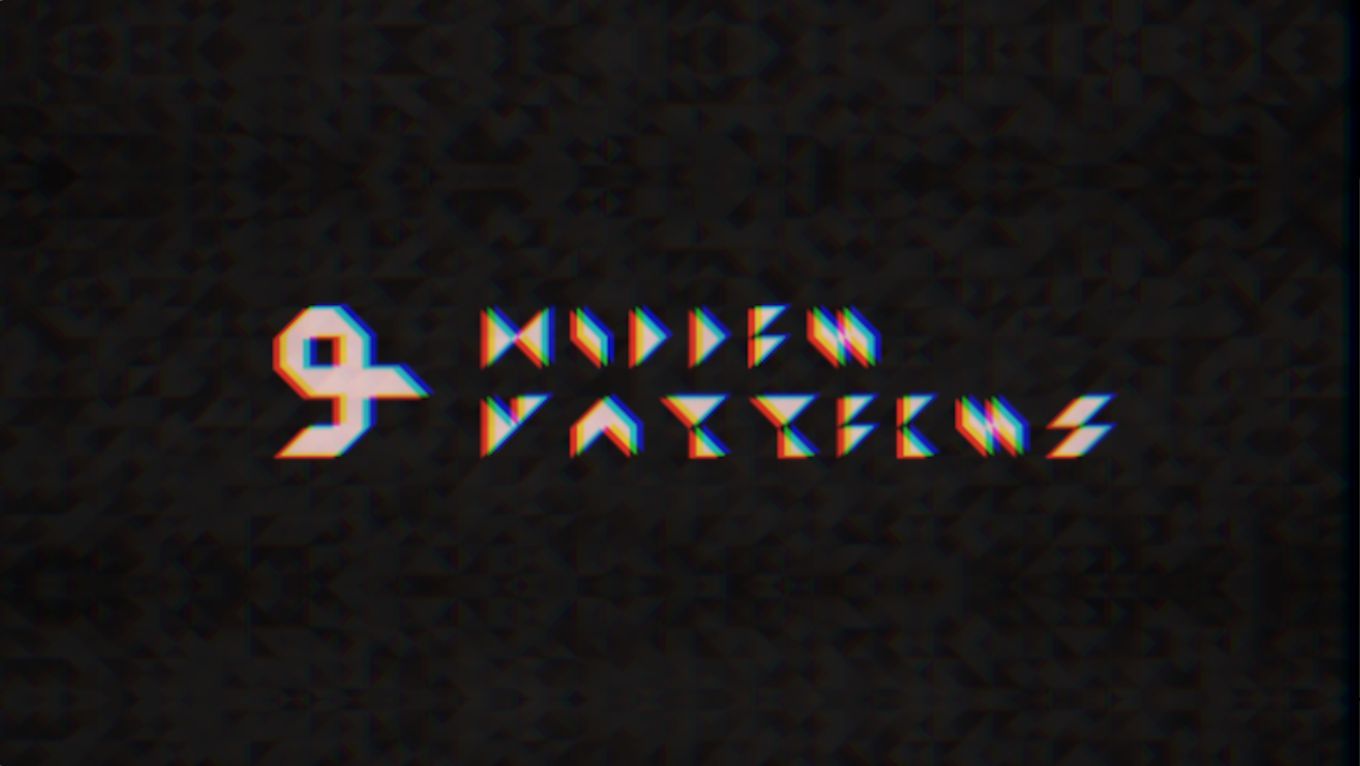Science
Computing with Unusual Substrates
Nature is a powerful information processor, and computation is not limited to silicon chips. In this talk, we explore unconventional computing using substrates such as slime mold, fungi, plants, colloids, proteins, and crystallization. These living and physical systems exhibit complex behaviors that can be harnessed for problem-solving, pattern recognition, and decision-making. From bio-inspired algorithms to self-organizing materials, we will discuss how these unconventional platforms challenge our understanding of computation and open new frontiers in technology.
Andrew Adamatzky
Professor Andrew Adamatzky is a computer scientist renowned for his pioneering work in unconventional computing, particularly using slime moulds, chemical media and fungi. He is the Director of the Unconventional Computing Laboratory at the University of the West of England, where he explores non-traditional models of computation and emergent behavior in biological systems.
Additional information
| Live Stream | https://streaming.media.ccc.de/gpn23/kubus |
|---|---|
| Type | Vortrag |
| Language | English |
More sessions
| 6/19/25 |
Interessante Probleme sind in der Regel nicht leicht zu lösen. Die Komplexitätstheorie der theoretischen Informatik hilft uns diese Probleme zu erkennen und zu beantworten mit welchen Sprachen, Methoden und Datendarstellungen wir diese lösen und abbilden können.
|
| 6/19/25 |
Tropical geometry is a recently named branch in mathematics. Some of those tropical structures are now discussed in regards of cryptography. In the talk I will give an overview about currently discussed protocols and pros and cons of tropical math in computer science. The tropical automorphism protocol suggested by Grigoriev and Shpilrain, 2014, will be discussed in further detail.
|
| 6/19/25 |
Whaa- hidden patterns in my computations?? Research on Interaction Nets and Interaction Combinators is often buried in a confusing mess of Greek letters and weird graphs, and most computer scientists and programming language developers are still not aware of them or their properties! In this talk we give a friendly introduction to Interaction Combinators, argue why they're one of the most minimal encodings of pure computation, and give examples of how you, too, could benefit from knowing about ...
|
| 6/19/25 |
Das WissKomm Wiki katalogisiert wissenschaftlich relevante Medieninhalte, macht sie durchsuchbar und deckt Filterblasen sowie Fehlinformationen auf. Eine offene Dateninfrastruktur für faktenbasierten Überblick im algorithmischen Chaos.
|
| 6/20/25 |
Was passiert beim Ausdauersport eigentlich auf zellulärer Ebene? Wie setzt der Körper Energie um und wie können diese Prozesse trainiert werden? Wie finde ich heraus ob ich mein Training korrekt absolviert habe? Trainiere ich zu wenig oder gar zu viel? Und was machen die Profis da im Zelt?
|
| 6/20/25 |
Hidden patterns are all around us — but they often stay buried within raw data. This talk explores how clever data visualisation techniques can uncover complex patterns and reveal hidden connections. Through practical examples, we will illuminate the intricate interplay between data, perception, and insight.
|
| 6/20/25 |
Defis retten Leben! Du darfst es in einer sicheren Umgebung selbst ausprobieren.
|

